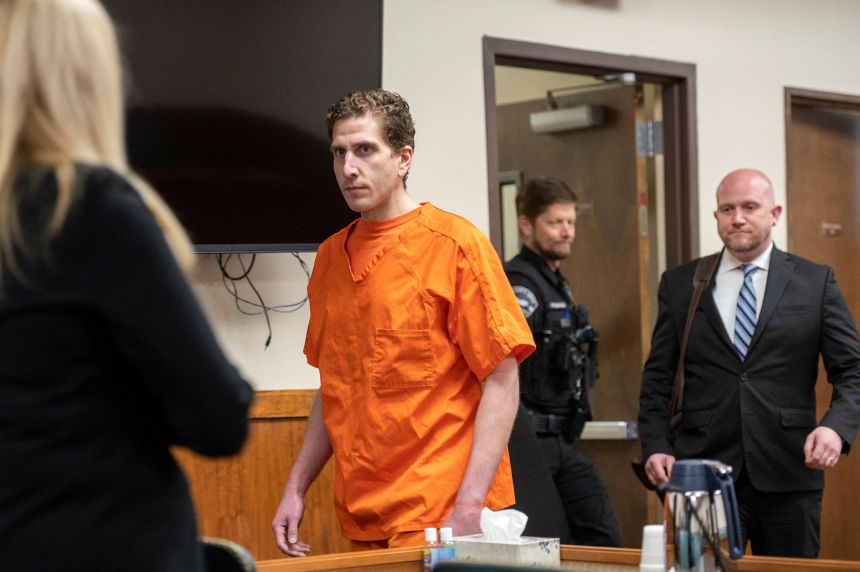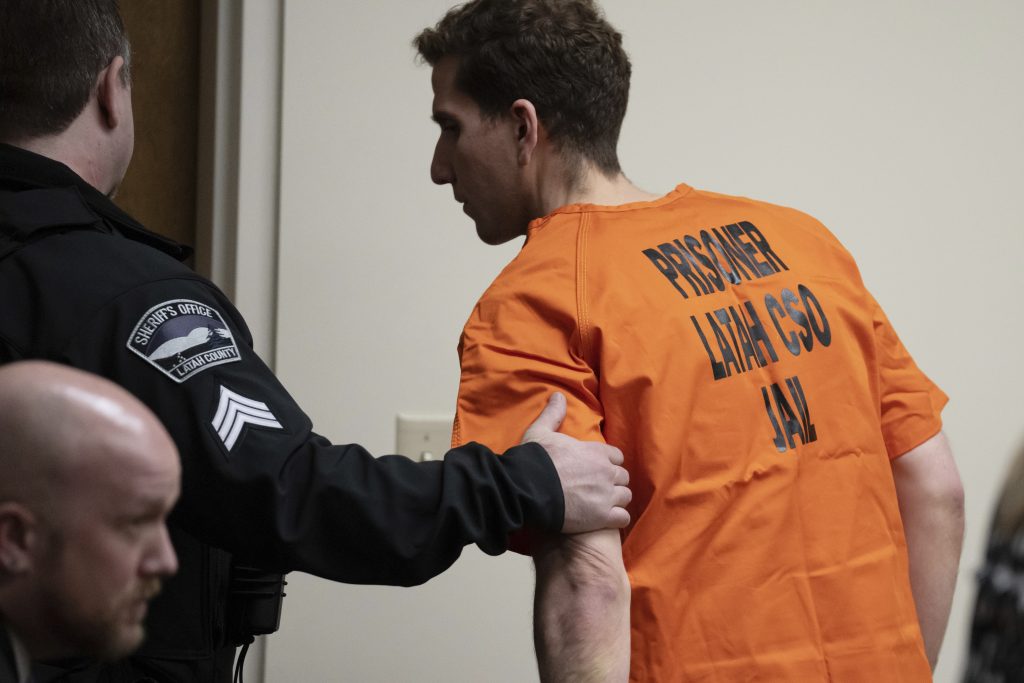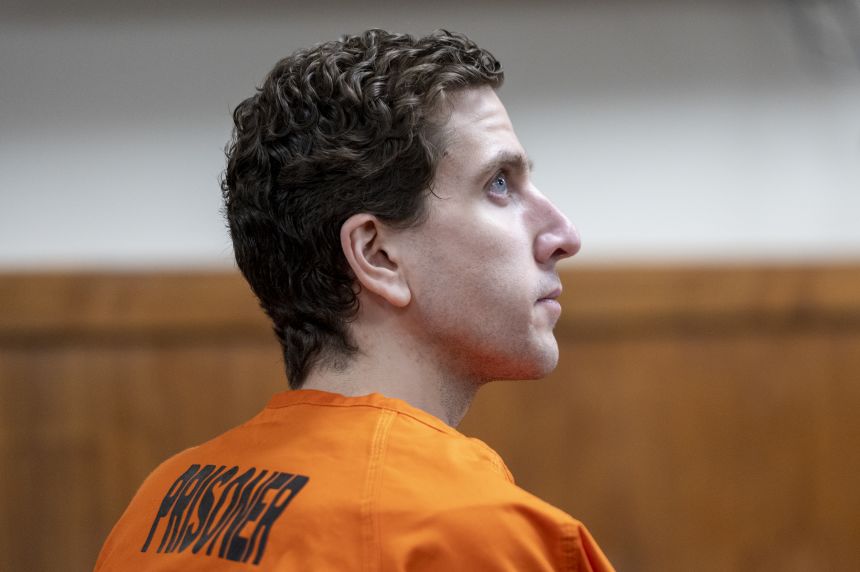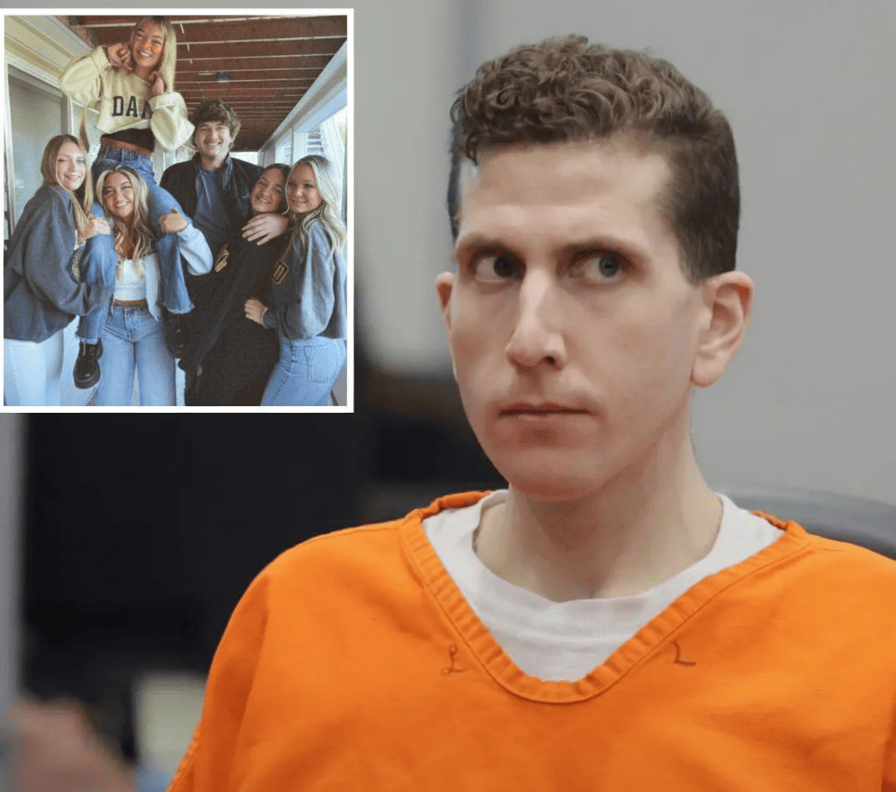Idaho Judge Bars Release of Disturbing Crime Scene Photos in Bryan Kohberger Case to Protect Victims’ Families from Trauma
Some cases capture the world’s attention not only because of their brutality but because of the sheer heartbreak they leave behind. The murders of four University of Idaho students in 2022 are one of those stories. The man accused of carrying out the killings, Bryan Kohberger, continues to face the legal system, and each new development brings another wave of public interest and pain for those connected to the victims. This week, a judge in Idaho made a decision that highlights both the sensitivity of this case and the importance of protecting grieving families from unnecessary anguish.
Second District Judge Megan Marshall ruled on Wednesday that graphic crime scene photos from the killings will not be released to the public. She explained that the images, described as “incredibly disturbing,” have no place circulating on the internet where the victims’ families might encounter them. For the loved ones of those who were lost, the ruling offers at least a small measure of protection from the endless reminders of a tragedy they live with every day.

The murders shocked not only the Moscow, Idaho community but also the entire nation. Four young lives—Ethan Chapin, Madison Mogen, Xana Kernodle, and Kaylee Goncalves—were taken in an act of violence that shattered the sense of safety in a quiet college town. In the months since, their families have fought through waves of grief while navigating the slow and painful process of justice. The thought of deeply graphic images surfacing online, to be consumed, shared, and even exploited, is unbearable.
Judge Marshall’s ruling acknowledges that while the public has a right to transparency in the justice system, that right has limits when it clashes with the privacy and dignity of victims. Courts have long struggled with how to balance openness with sensitivity, especially in high-profile criminal cases where sensationalism can spread like wildfire. By blocking the release of these photos, the judge made clear that there is no legal or ethical justification for exposing families to further trauma.

It’s not hard to imagine what might have happened if these photos had been released. In the age of social media, images travel at lightning speed, often stripped of context and reduced to shock value. For the families of the victims, stumbling across such images on a screen could have been devastating. These are not just case files or evidence—they are deeply personal moments of loss that no family should be forced to relive through viral circulation.
For many who have followed this case, the ruling is a reminder that justice is not just about trials and verdicts. It is also about respecting humanity. The victims were college students, friends, and children with bright futures. Their families deserve space to remember them as they lived, not as crime scene evidence.

Bryan Kohberger remains at the center of the legal proceedings, with prosecutors building their case and the defense preparing for trial. While the legal process will continue, Judge Marshall’s decision serves as a reminder that the pursuit of justice does not mean disregarding compassion. For the families left behind, there is no real closure, only the hope that their children’s lives will be remembered with dignity rather than reduced to images too painful to see.
As the trial unfolds, this case will continue to draw attention and debate, but the judge’s ruling has drawn a firm line in the sand. There are things too sacred to be shared, too sensitive to be consumed by the public, and too cruel to force upon families already living with the worst kind of loss.



